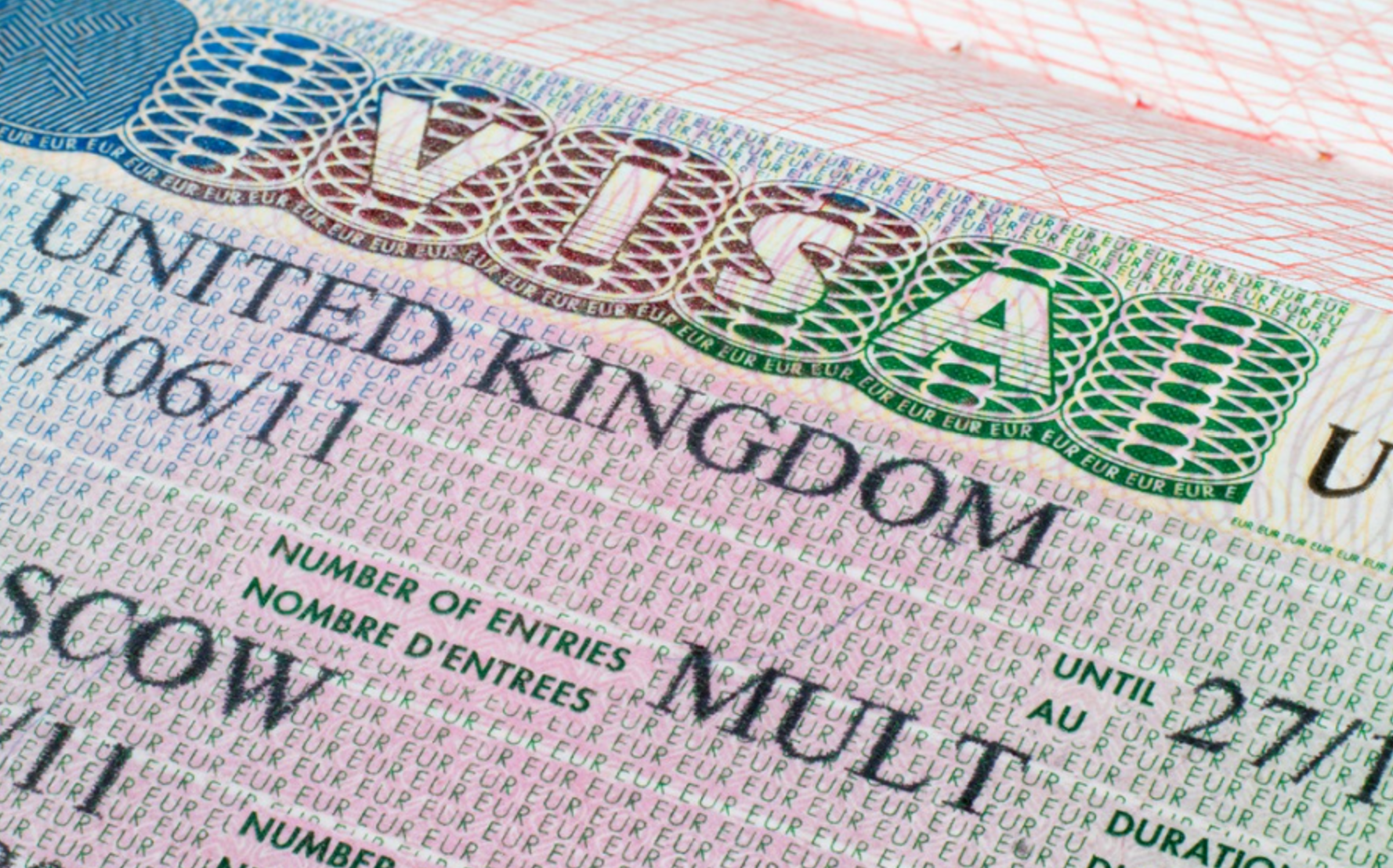
“UK CRACKS DOWN ON VISA OVERSTAYERS: 130,000 FOREIGN STUDENTS FACE DEPORTATION”

GREATRIBUNETVNEWS–THE British government has initiated a crackdown on foreign students overstaying their visas, with over 10,000 students already contacted and tens of thousands more expected to receive warnings. The Home Office is directly reaching out to students via text and email, emphasizing the consequences of remaining in the UK without legal status.
Key Highlights:
– Removal Warning: Students without legal status are warned of deportation, with messages reading, “If you have no legal right to remain in the UK, you must leave. If you don’t, we will remove you.”
– Tightened University Rules: Institutions will face stricter visa refusal rates and course completion thresholds to maintain sponsorship licenses.
– Rise in Asylum Claims: About 15% of asylum applications last year came from student visa holders, prompting the government to take action .
Government’s Stance:
Home Secretary Yvette Cooper emphasizes that genuine refugees will be supported, but those abusing the system will face consequences. The crackdown aims to address the surge in student visa holders turning to the asylum system to extend their stay .
Consequences of Overstaying:
– Re-entry Bans: Overstaying can lead to automatic re-entry bans, lasting from one to ten years.
– Detention or Deportation: Overstayers may face detention or deportation, impacting future visa applications.
– Limited Rights: Overstayers lose the right to work, claim public funds, and access certain services .
The move follows what officials describe as a sharp rise in student visa holders turning to the asylum system to extend their stay.
“If you have no legal right to remain in the UK, you must leave. If you don’t, we will remove you,” the warning message reads.
Home Office data shows that about 15 per cent of asylum applications last year—roughly 16,000 cases—came from people who originally entered the country on student visas.
Although the figures do not confirm how many applied after their visas expired, officials say the trend is significant enough to trigger urgent intervention.
Home Secretary Yvette Cooper said some students were submitting asylum claims “even when things have not changed in their home country.” While stressing that the government would continue to support genuine refugees, she noted that growing misuse of the system was adding pressure to already strained asylum accommodation and hotel services.
Nearly 10,000 students whose visas are close to expiry have already been contacted, while a further 130,000 are expected to receive warnings in the coming months as the autumn intake approaches.
The Home Office has also tightened rules for universities, requiring stricter visa refusal rates and higher course completion thresholds to retain their sponsorship licences.
Last year, the UK recorded 108,000 asylum applications. Of these, around 40,000 were from people who entered legally on study, work, or visitor visas—compared with 35,000 from small boat crossings.
Student visa holders made up the largest group among legal entrants seeking asylum, a figure nearly six times higher than in 2020, though slightly reduced in the past year.
Cooper maintained that tackling student visa abuse was essential to fixing the wider asylum system. “To fix the system, we must tackle every single bit of it,” she said.
The government has also shortened the post-study work period for international graduates, cutting it from two years to 18 months, as part of broader efforts to tighten immigration rules.






